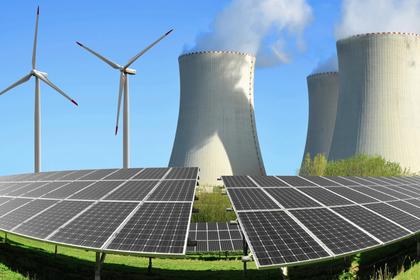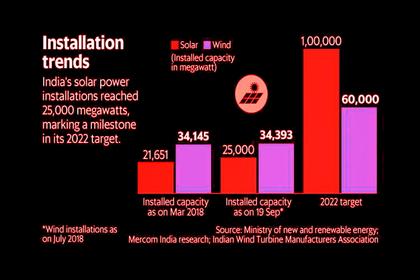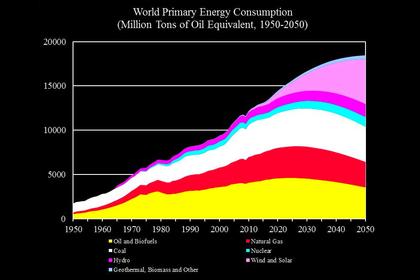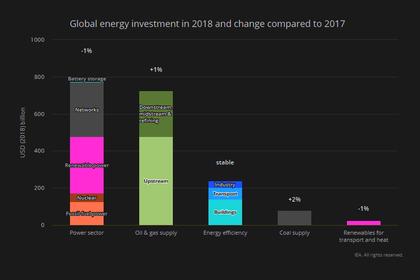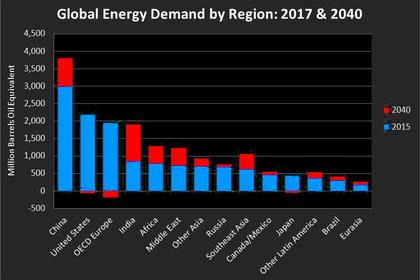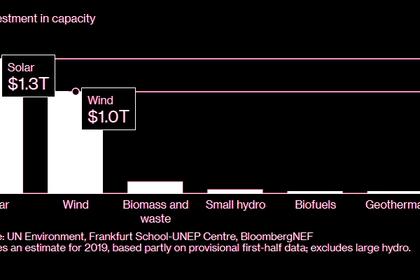
CLEAN ENERGY FOR CENTRAL ASIA
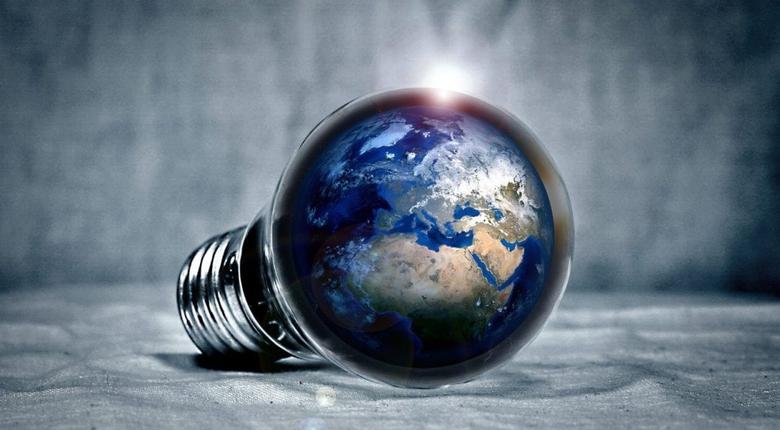
WNN - 20 September 2019 - Energy ministers from across Central Asia committed their countries to collaborating on meeting the United Nations' seventh Sustainable Development Goal (SDG), which pledges 'affordable and clean energy' by 2030. The meeting is the first time they have come together to discuss the region's common energy challenges.
Government officials from nine countries signed the document - Afghanistan, Azerbaijan, Georgia, Kazakhstan, the Kyrgyz Republic, Mongolia, Pakistan, Tajikistan and Uzbekistan.
The declaration, which comes ahead of this year's SDG Summit at the UN headquarters in New York next week, sets the region on a faster reform path towards more liberal energy markets with greater private sector participation and investment, increased power connections and exchanges between countries, and a strong commitment to tap renewable energy sources and clean technologies.
The signing of the declaration took place at the first Central Asia Regional Economic Cooperation (CAREC) Energy Ministers Dialogue, held in Tashkent, Uzbekistan. The dialogue was organised by the government of Uzbekistan together with the Asian Development Bank (ADB) under the auspices of CAREC - a partnership of 11 countries and development partners working together to promote development through cooperation.
As part of the declaration, signatories committed to the joint implementation of CAREC's 2030 Energy Strategy, developed in collaboration with ADB. This aims to create reliable, stable, sustainable and reformed energy markets in the region by that year, in line with the United Nations 2030 Agenda for Sustainable Development.
Choosing nuclear power
Opening the conference today, Uzbek Energy Minister Alisher Sultanov said: "There has been huge ambition on display today by governments in the Central Asia region. We have formalised our commitment to a financially and environmentally sustainable energy industry. We look forward to working with fellow CAREC region states and international sources of capital to achieve our goals."
Central Asia's most populous nation, Uzbekistan has one of the fastest growing economies in the world - the World Bank has forecast GDP growth of about 5.5% in 2020. Current projections indicate that in order to match these trends and consumer demand it will need to roughly double its electricity output by 2030 - from 69 terawatt hours to 117 TWh. Without the introduction of new sources of generation, it faces a deficit of about 48 TWh.
In April last year, the Uzbek parliament ratified the Paris Agreement on Climate Change, and is committed to dramatically reducing its use of natural gas for power generation. It now plans to make the country's transmission systems more efficient, to renovate its existing gas-fired and hydropower facilities, and to build new ones, and to adopt renewable energy sources such as solar. A key part of its plan to reduce emissions and at the same time meet growing electricity demand, Uzbekistan plans to build its first nuclear power plant - four Russian-designed VVER-1200 reactors - with the first unit expected to be commissioned in 2028. By 2030, the plant is forecast to account for nearly 18% of Uzbekistan's total electricity generation.
Sultanov told delegates at the CAREC conference in Tashkent today that a mix of clean energy solutions will be needed to meet the twin challenges of climate change and energy demand. This is why the government made the decision two years ago, he said, to introduce nuclear power into its electricity mix. The nuclear power plant will be a "sustainable source of clean energy using technology that meets the very highest safety standards", he said.
A clean power mix
Speaking at the same event, Adnan Amin, director general emeritus of the International Renewable Energy Agency (IRENA), said: "A six-fold increase in the deployment of renewable energy in conjunction with energy efficiency measures could deliver around 90% of energy-related carbon emissions reduction needed by 2050, and the minister here has mentioned the contribution that nuclear will have to make."
Amin referred to the second Global Energy Transformation report IRENA published in April, which examines technology pathways and policy implications to ensure a sustainable energy future. It concludes that energy-related CO2 emissions would have to decline 70% by 2050, compared to current levels, to meet climate goals.
Amin told today's meeting in Tashkent: "It is increasingly clear that collaborative efforts lead to positive results. It is the speed of change that will determine whether the energy system of the future can deliver across the three key imperatives - economic growth and development, energy security and universal access, and environmental sustainability."
He added: "The ingredients of success have crystallised over the years and the technology already exists, but we need policy frameworks that promote such solutions, financial capacity that helps their deployment and social approaches that support a just and inclusive energy transformation ... The time has now come for Central Asian economies to take a hard look at the emerging future and to put in place concrete strategies to deliver affordable, reliable and sustainable energy to their people."
Historic achievement
ADB said in a statement that the meeting of ministers had come at a critical time for the region. It noted that CAREC countries are rich in natural resources, but that these are unevenly distributed - a fact compounded by inadequate infrastructure and inefficient state-owned energy utilities that mean some countries continue to face power shortages.
Diwakar Gupta, ADB's vice president for private sector operations and public-private partnerships, told delegates: "The energy sector drives economic growth in the region, so this unprecedented gathering of energy leaders is very important. Today, they have strengthened their commitment to work together to deliver an electricity supply for the region that is reliable and affordable, develop modern energy markets, and embrace clean energy as a more efficient, sustainable source of power."
Following the ministerial dialogue, officials attended the opening of the 4th CAREC Energy Investment Forum, where Gupta told delegates that the region's energy capacity expansion will require about USD400 billion in cumulative investments up to 2030.
He said the signing of the energy strategy that morning was "an historic achievement and an important commitment to reinforce cross-border cooperation and to create a conducive business environment for attracting private investment".
He added: "ADB recently articulated an ambitious goal in our new corporate strategy to 2030 to commit that one-third of our operations will be in the private sector ... I can say with fair certainty that in the energy sector we are realising only a fraction of the real potential of private investment in the region."
-----
Earlier:
